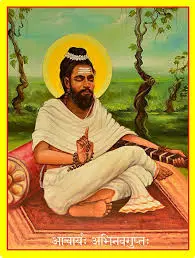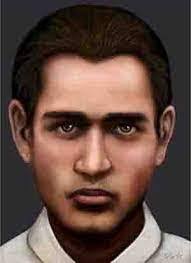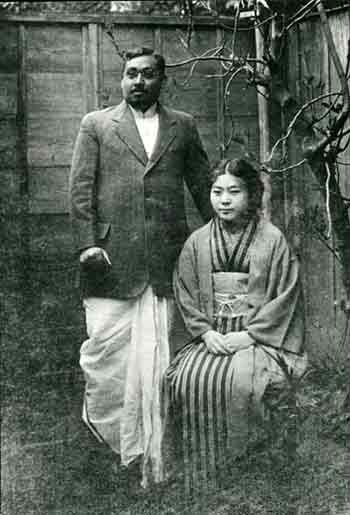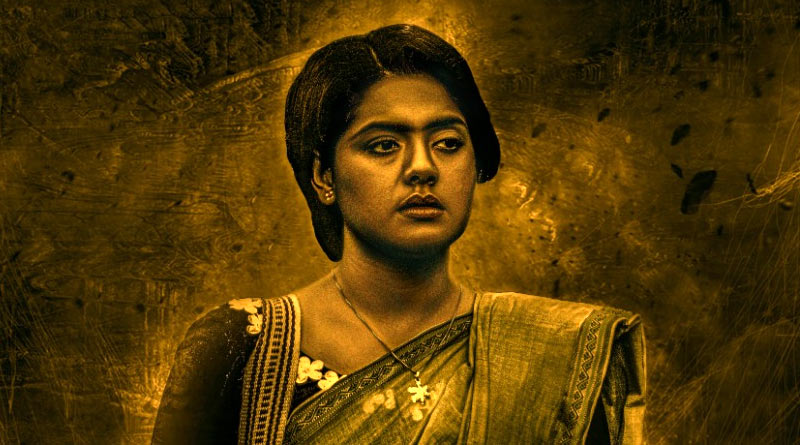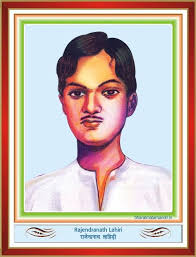Abhinavagupta, a towering figure in Indian philosophy and spirituality, lived during the 10th and 11th centuries CE. His contributions spanned multiple disciplines, including philosophy, aesthetics, tantra, and spirituality, leaving an indelible mark on the cultural and intellectual landscape of India. In this essay, we’ll explore the life, works, and enduring influence of Abhinavagupta.
Early Life and Education
Abhinavagupta was born in the region of Kashmir around the year 950 CE. Little is known about his early life, but it is believed that he received a comprehensive education in the traditional disciplines of Sanskrit grammar, logic, literature, and philosophy. He showed exceptional intellect and spiritual inclination from a young age, laying the foundation for his later philosophical insights and spiritual teachings.
Scholarly Pursuits and Spiritual Quest
Abhinavagupta’s intellectual prowess and thirst for knowledge led him to study under various masters of the time, immersing himself in the rich philosophical traditions of India. He delved deep into the teachings of Shaivism, Tantra, Vedanta, and other spiritual disciplines, seeking to unravel the mysteries of existence and the nature of ultimate reality. His studies took him across the length and breadth of India, where he engaged in rigorous debates and discussions with scholars and practitioners from diverse backgrounds.
Works and Contributions
Abhinavagupta’s scholarly output was prolific and wide-ranging, encompassing numerous texts on philosophy, aesthetics, poetry, and spirituality. His magnum opus, the “Tantraloka,” is a comprehensive treatise on Tantra philosophy, exploring the nature of consciousness, the principles of divine energy (Shakti), and the methods of spiritual practice (sadhana). In addition to the “Tantraloka,” Abhinavagupta authored several commentaries, including the “Tantrasara,” “Tantraloka-Viveka,” and “Paramarthasara,” elucidating the esoteric teachings of Tantra in greater detail.
Aesthetic Theories and Literary Criticism
Abhinavagupta was also a pioneer in the field of aesthetics and literary criticism. His work “Abhinavabharati” is a seminal commentary on Bharata Muni’s “Natya Shastra,” a foundational text on Indian dramatics and performing arts. In the “Abhinavabharati,” Abhinavagupta expounds upon the principles of rasa (aesthetic experience) and bhava (emotional states), providing profound insights into the nature of artistic expression and its ability to evoke deep emotional responses in the audience.
Spiritual Realization and Tantra
Central to Abhinavagupta’s teachings is the concept of non-dualism (Advaita), which emphasizes the underlying unity of all existence. He viewed Tantra not merely as a set of esoteric rituals and practices but as a path to spiritual realization and liberation (moksha). According to Abhinavagupta, the ultimate goal of Tantra is to recognize one’s own divine nature and experience union with the supreme consciousness (Shiva).
Legacy and Influence
Abhinavagupta’s influence extends far beyond his own time and place, shaping the course of Indian philosophy, spirituality, and culture for centuries to come. His works continue to be studied and revered by scholars, practitioners, and seekers of wisdom around the world. His insights into the nature of consciousness, aesthetics, and spirituality remain as relevant today as they were in his own time, offering profound guidance and inspiration to those on the path of self-discovery and realization.
Conclusion
In conclusion, Abhinavagupta stands as one of the greatest luminaries of Indian thought and spirituality, whose profound insights and teachings continue to illuminate the path of seekers and scholars alike. His holistic approach to philosophy, aesthetics, and spirituality reflects the richness and diversity of India’s intellectual heritage, inspiring generations to explore the depths of consciousness and the mysteries of existence. As we reflect on his life and legacy, we are reminded of the timeless wisdom and eternal truths that Abhinavagupta has bequeathed to humanity, guiding us towards a deeper understanding of ourselves and the universe.

